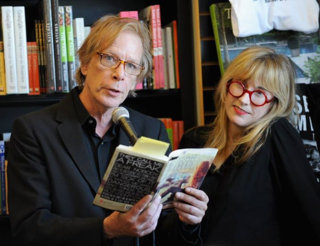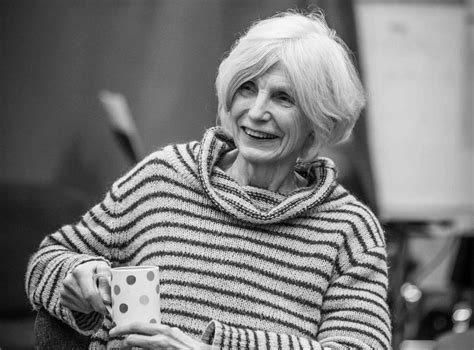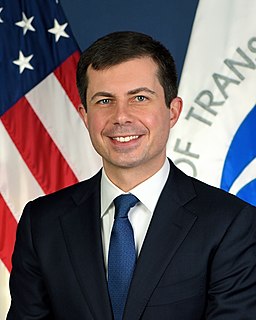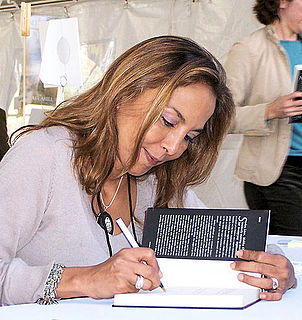A Quote by A. S. Byatt
I am a profound pessimist both about life and about human relations and about politics and ecology. Humans are inadequate and stupid creatures who sooner or later make a mess, and those who are trying to do good do a lot more damage than those who are muddling along.
Related Quotes
Early ecologists soon realised that, since humans are organisms, ecology should include the study of the relationship between humans and the rest of the biosphere. ... We don't often tend to think about the social sciences (history, economics and politics) as subcategories of ecology. But since people are organisms, it is apparent that we must first understand the principles of ecology if we are to make sense of the events in the human world.
Overnight, punk had become as stupid as everything else. This wonderful vital force that was articulated by the music was really about corrupting every form-it was about advocating kids to not wait to be told what to do, but make life up for themselves, it was about trying to get people to use their imaginations again, it was about not being perfect, it was about saying it was ok to be amateurish and funny, that real creativity came out of making a mess, it was about working with what you got in front of you and turning everything embarrassing, awful, and stupid in your life to your advantage.
I'm in bed, so to speak, more with those people who consider themselves atheists but who are concerned about the same things, ideas, and politics I'm concerned with than those who claim to be religious in the same way that I am but have no interest in the political reorganization of society, which needs to be talked about from the pulpit.
Perhaps generations of students of human evolution, including myself, have been flailing about in the dark; that our data base is too sparse, too slippery, for it to be able to mold our theories. Rather the theories are more statements about us and ideology than about the past. Paleontology reveals more about how humans view themselves than it does about how humans came about, but that is heresy.
I try to keep in my mind the simple question: Am I trying to do good or make myself look good? Too many of our responsibilities get added to our plate when we are trying to please people, impress people, prove ourselves, acquire power, increase our prestige. All those motivations are about looking good more than doing good.
There's nothing personal in it [THE SKRIKER]. I'm not ever inclined with any of the plays to say, This is about that, because plays are about the whole event that they are. . . . I was certainly wanting to write a play about damage - damage to nature and damage to people, both of which there's plenty of about. To that extent, I was writing a play about England now.
It does say something about a society when those who sue physicians and hospitals make as much or more money than those who heal disease. It says something about a society when it glorifies and rewards those who litigate while it demonizes and punishes those who produce the drugs and devices that keep it citizens alive and well.
Shallow ecology is anthropocentric, or human-centred. It views humans as above or outside nature, as the source of all value, and ascribes only instrumental, or 'use', value to nature. Deep ecology does not separate humans - or anything else - from the natural environment. It does see the world not as a collection of isolated objects but as a network of phenomena that are fundamentally interconnected and interdependent. Deep ecology recognizes the intrinsic value of all human beings and views humans as just one particular strand in the web of life.
Those of us who work in politics can only make ourselves useful if our heads are filled with things that we can contribute to the political space. JFK had this quote about how if more politicians knew poetry and more poets knew about politics, the world would be a better place. Being attentive to the things that add meaning to our lives alongside politics will help us inform our politics with the values that really do make America great.
Each day is a miracle that intoxicates me. I want more. I greet every morning like a new pleasure. And yet I am keenly aware of all life's artifices. Getting dressed, wearing make-up, laughing, having fun-isn't all that just playing a role? Am I not more profound, carrying the burden of those twenty years when I 'wasn't alive', than all those who rushed around in vain during that time?
The climate change debate is basically not about science; it is about ideology. It is not about global temperature; it is about the concept of human society. It is not about nature or scientific ecology; it is about environmentalism, about one - recently born - dirigistic and collectivistic ideology, which goes against freedom and free markets.







































